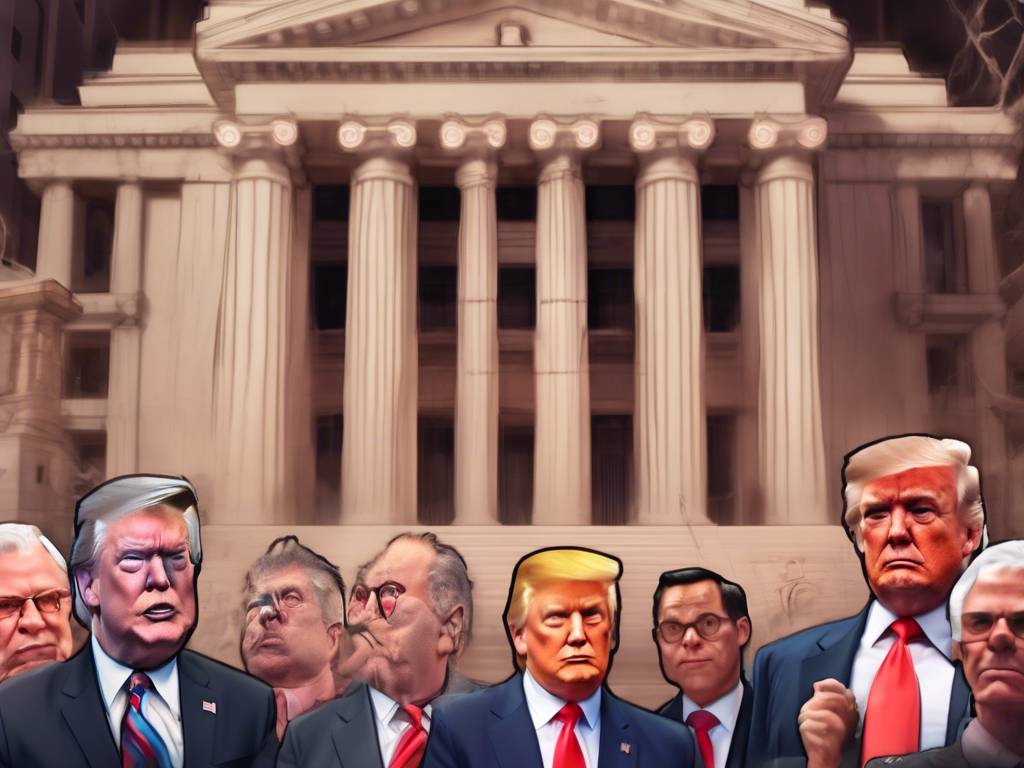A New IRS Tax Form Could Impact Your Crypto Privacy 🕵️♂️
A recent draft tax form released by the Internal Revenue Service (IRS) is suggesting stricter tracking of specific cryptocurrency transactions. The new Digital Asset Proceeds From Broker Transactions draft form requires taxpayers to complete Form 1099-DA, which gathers trader identification and detailed transaction information from crypto “brokers.”
Crypto Traders’ Privacy Concerns 😟
- Crypto accountant Shehan Chandrasekera from CoinTracker warns that this new form could signal the end of privacy for crypto traders in the US.
- Brokers, including centralized and decentralized exchanges, as well as wallets, will be mandated to generate and submit this form for each sale transaction starting from January 1, 2025.
- The form collects common data points like acquisition date, sale date, proceeds, and cost basis of crypto assets sold, necessary for taxpayers’ crypto tax filings.
- However, the inclusion of additional data points, particularly wallet addresses, to be reported to the IRS poses significant privacy and security risks.
Broadening the Definition of “Brokers” 💼
- The IRS’s inclusion of “unhosted wallet providers” in the form expands the broker definition to cover unhosted wallets, despite industry pushback.
- Gordon Law, a tax and crypto law firm, is also scrutinizing Form 1099-DA to determine the entities falling under the IRS’s broker definition.
- Entities like centralized exchanges, decentralized exchanges, wallets facilitating crypto buying and selling, Bitcoin ATMs, and physical kiosks would be classified as brokers.
- Despite resistance from the crypto community, DEXes are likely to be considered brokers due to the IRS’s argument that they have access to user identities and must adhere to KYC regulations.
Exclusions from the Broker Definition 🚫
- The IRS’s proposal does not categorize miners, node operators, hardware wallets, software developers, and smart contract developers as brokers, according to Gordon Law.
Hot Take: How Will This Tax Form Impact Your Crypto Transactions? 💸
This new draft tax form by the IRS aims to bring more transparency to cryptocurrency transactions but raises concerns about privacy for crypto traders. With specific elements like wallet addresses being reported to the IRS, your crypto activities might become more closely monitored, potentially impacting your anonymity. Stay informed about the evolving regulatory landscape to navigate these changes effectively and protect your crypto assets and privacy.





 By
By

 By
By


 By
By